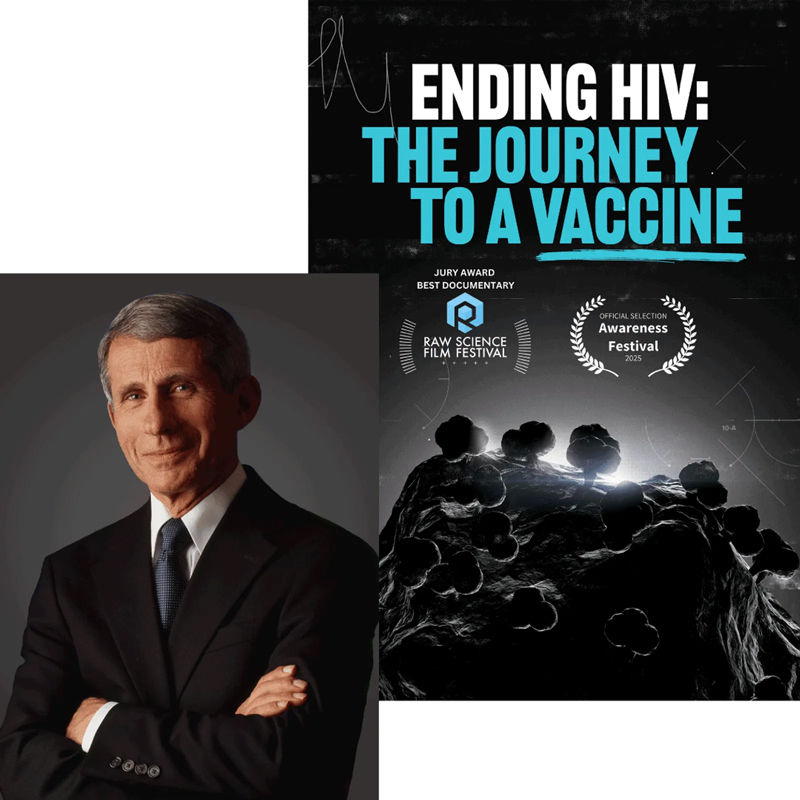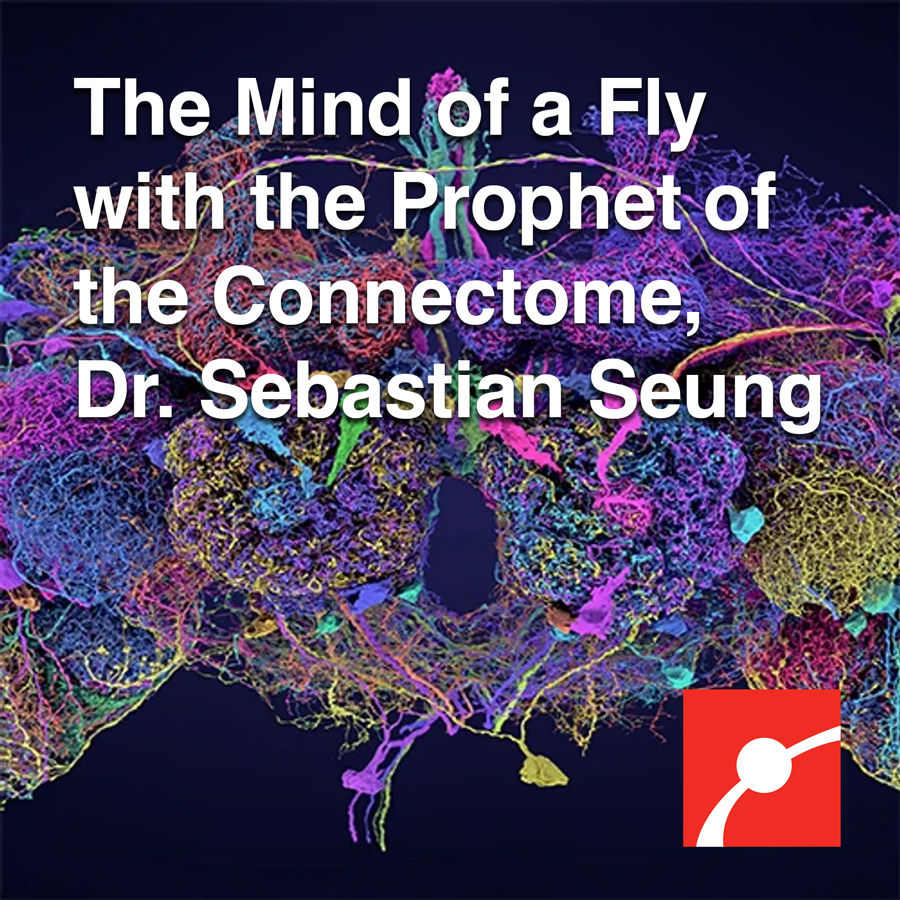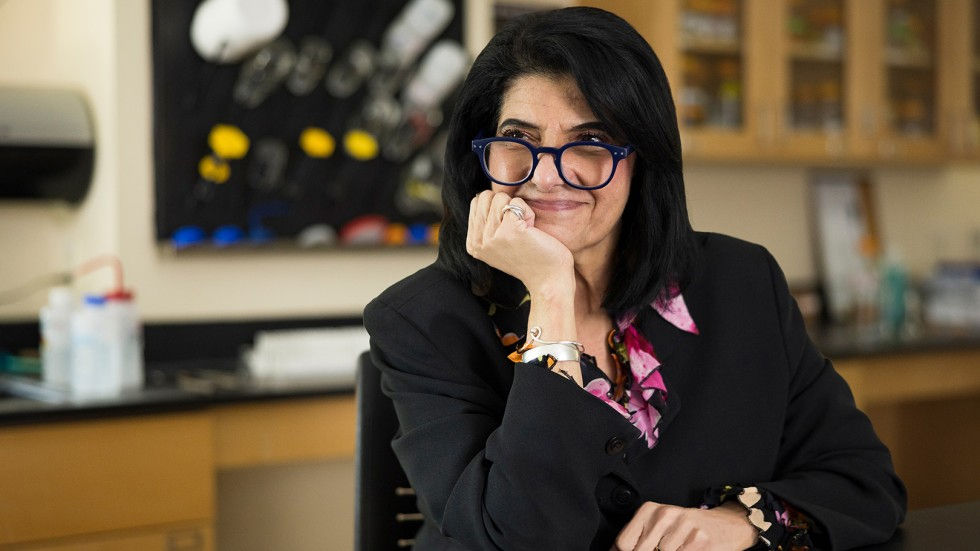Rakesh K. Jain, PhD, FAACR, Honored with the 2025 AACR Award for Lifetime Achievement in Cancer Research
- Carmon Emery
- Apr 8, 2025
- 2 min read

Jain is the director of the Edwin L. Steele Laboratories for Tumor Biology in the Department of Radiation Oncology at Massachusetts General Hospital and the Andrew Werk Cook Professor of Radiation Oncology (Tumor Biology) at Harvard Medical School. He is being recognized for his lifelong achievements and pioneering contributions that have transformed the scientific understanding of the tumor microenvironment and its role in cancer progression and treatment. Most notably, his groundbreaking hypothesis of vascular normalization reshaped the use of antiangiogenic therapy and led to FDA-approved drug combinations. Jain’s visionary integration of engineering and oncology has advanced drug delivery, immunotherapy, and cancer treatment strategies, while his celebrated mentorship and leadership have inspired countless scientists, clinicians, and physician-scientists.
The AACR Award for Lifetime Achievement in Cancer Research honors individuals who have made significant fundamental contributions to cancer research, either through a single scientific discovery or a body of work. These contributions, whether in research, leadership, or mentorship, must have had a lasting impact on the cancer field and must have demonstrated a lifetime commitment to progress against cancer.
For over four decades, Jain has championed the notion that solid tumors are complex organs and not simply a collection of cancerous cells. Underscoring this idea was his seminal discovery that abnormal blood and lymphatic vessels within tumors promote disease progression and restricts the delivery and efficacy of cancer therapeutics. Based on these findings, Jain boldly hypothesized that antiangiogenic drugs, originally designed to destroy blood vessels, could transiently remodel blood vessels to normal states and improve delivery and efficacy of chemo-, targeted-, and immune-therapeutics. Various preclinical experiments in his laboratory supported this hypothesis, and subsequent clinical trials led by Jain and his clinical collaborators confirmed that antiangiogenic agents improve the efficacy of various therapeutics, including immunotherapies, resulting in the FDA approval of several combinations involving antiangiogenic agents. Further, Jain designed a week-long intensive course on “Critical Issues in Tumor Microenvironment: Angiogenesis, Metastasis and Immunology” to foster discussions among cancer researchers, physical scientists/engineers, and clinicians regarding the importance of the tumor microenvironment in tumor progression and treatment. Now in its 40th year, this course is ranked among the top courses offered by the Harvard Medical School Department of Continuing Medical Education.
“Through his interdisciplinary approach to research, Dr. Jain has fundamentally changed our scientific understanding of tumor biology, and thus has greatly advanced cancer research, improved treatments, and saved lives,” said Margaret Foti, PhD, MD (hc), chief executive officer of the AACR. “In addition, his dedication to championing the next generation of cancer researchers is an inspiration. The AACR is thrilled to celebrate and honor Dr. Jain with this richly deserved award.”
The 2025 AACR Award for Lifetime Achievement in Cancer Research will be presented to Rakesh K. Jain, PhD, Fellow of the AACR Academy, during the AACR Annual Meeting 2025, to be held April 25-30 at the McCormick Place Convention Center in Chicago, Illinois. Jain’s award lecture will be held on Sunday, April 27, at 3 p.m. CT.





Comments